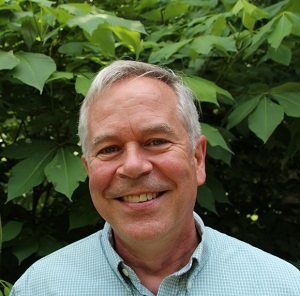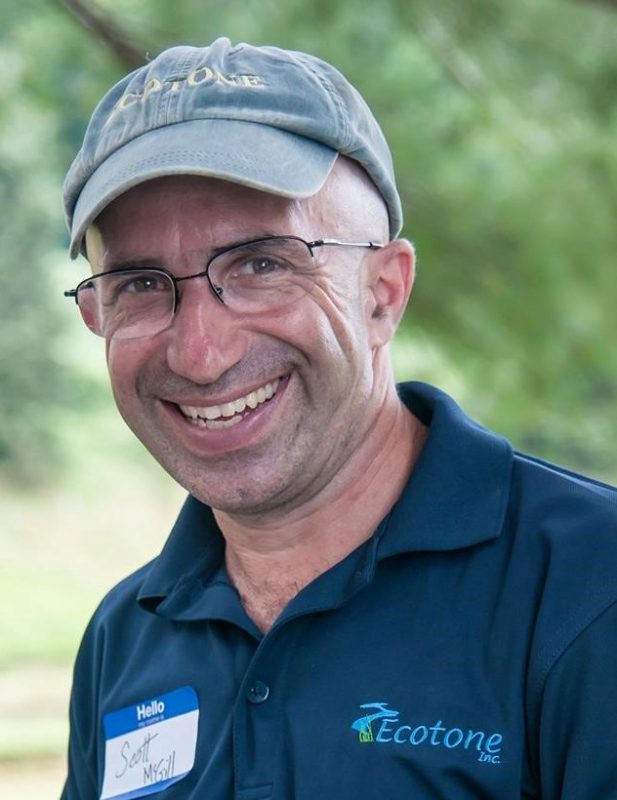Innovative Riparian Corridor Restoration Approaches Webinar
Message Regarding Coronavirus
For current information about the status of the workshops, please visit the Workshops and Conferences Homepage.
Upcoming Workshops
There are no workshops scheduled at this time
Each workshop is unique. The information below is provided for general information about the workshop. Please reference the registration website for specific information about the individual workshop.
About the Workshop
Alluvial river networks consisting of anabranching channels highly influenced by vegetation – coined Stage Zero channels by Cluer and Thorne (2013) – were dominant in much of the United States and Europe just a few centuries ago. Many of these aggradational systems channels were formed and maintained by Beaver, Castor canadensis in North America, and Castor fiber in Eurasia. In an effort to reduce costs, restore fluvial processes at the valley scale, and improve ecosystem services and habitat quality, restoration approaches that promote aggradation and use biology as a major driver of stream form and process have been implemented over the past decade in Oregon, Colorado, Montana, Washington State, the Great Lakes, England and more recently in Maryland. These restoration efforts have been shown to elevate alluvial aquifers, which supports a robust riparian community, and increase connectivity at all discharge levels. Some projects have strategically relied on the free hard labor of Beaver for recreating these systems and initiating positive ecological feedback loops. In other cases, designing projects to encourage colonization by beaver to drive better ecological and water quality outcomes have been gaining favor in the restoration field. This webinar will feature two speakers from Maryland who have designed and constructed several innovative aggradational, nature-based restoration projects. The speakers will explain the background and ecological basis for the innovative channel riparian restoration approaches, share case study examples, review specific design criteria and recommendations and share lessons learned.
Who Should Attend
This course is recommended for the following groups of individuals:
- Environmental Professionals
- Engineers
- Ecologists
- Biologists
- Hydrologists
- Geomorphologists
- Landscape Architects
- Planners
- Natural Resource Program Managers
Registration Fee Information
Regular Fee – $100
Government/Non-Profit/Education Fee – $50
Student Fee – $0
Payment Instructions
We accept Visa, Mastercard, and American Express for payment of your registration fee. Or you may send us a check made payable to NCSU – BAE. Mail to:
NCSU-BAE
Campus Box 7625
Raleigh, NC 27695
Attn: Workshop Coordinators
Cancellation and Refund Policy
Cancellation requests should be sent to bae_training@ncsu.edu for processing. The cancellation request must be submitted at least thirty-one (31) days before the date of the workshop to receive a full refund. Cancellation requests made between thirty (30) days and eight (8) days before the date of the workshop will receive a full refund minus a $25 administrative processing fee. Any cancellation requests made on or within seven (7) days of the workshop will be ineligible for a refund.
Attendee substitutions from within the same company may be made at any time at no cost. Please send an email to bae_training@ncsu.edu with the name of the current registrant and the name and email address of the new registrant.
Instructors

Joe Berg, Biohabitats, Inc.
Joe is an ecosystems ecologist with more than 35 years of experience in the assessment and analysis of natural resources; development, preparation, and implementation of restoration plans; and the range of studies, documentation and permitting experience required. The focus of his efforts have been understanding historical landscape ecology to support the restoration of integrated stream, wetland and floodplain functions as a means to deliver ecosystem services to society, increase natural capital, and integrate local community needs with an appreciation of natural resource values.
He is the Practice Leader for Ecological Restoration for Biohabitats, Inc. Joe is a member of several other professional associations, including the Society for Ecological Restoration, Society of Wetland Scientists, Ecological Society of America, American Ecological Engineering Society, American Water Resources Association, Coastal and Estuarine Research Federation, and the Association of State Wetland Managers.

Scott McGill, Founder and CEO, Ecotone, Inc.
Scott McGill is the Founder and CEO of Ecotone, Inc. a design-build ecological restoration company located in Forest Hill, MD. Scott has over 30 years of applied experience in both design and construction of ecological restoration projects throughout the United States. He is a thought leader in the field of ecological restoration and has brought many new ideas and methods into the mainstream, including the use of native materials and the North American beaver to drive ecological and water quality outcomes His “less is more”, using nature to restore nature, approach to environmental restoration that incorporates conservation biology and adaptive management provides an innovative model for sustainable cost-effective ecological restoration. In addition to driving positive change to the ecological restoration industry, Scott has methodically scaled Ecotone from a small 2- person consulting firm in 2000 to a vertically integrated design-build company with over 80 employees. His firm has restored over 40 miles of stream and 1,400 acres of wetlands in the Mid-Atlantic region, as well as preserving over 1,200 acres of land in perpetuity. He and his wife of 29 years currently reside in Fallston, MD, have three grown children, and a grandchild. Outside of Ecotone, Scott is a certified Reiki Master Teacher and enjoys cycling, dog training, fly fishing, and adventure bikepacking.
State and Federal Agency Panelists:
Todd Tugwell, US Army Corps of Engineers
Tim Baumgartner, NC Division of Mitigation Services
Erin Davis, NC Department of Environmental Quality
Professional Development Hours
The following professional development hours will be awarded after the successful completion of the webinar. A certificate of attendance will be emailed after completing the post-webinar evaluation, listing these PDHs:
- 2.25 PDHs for professional engineers and land surveyors (approved by the NC Board of Examiners for Professional Engineers and Land Surveyors)
Other professionals may appeal to their respective boards to obtain professional education credits.
